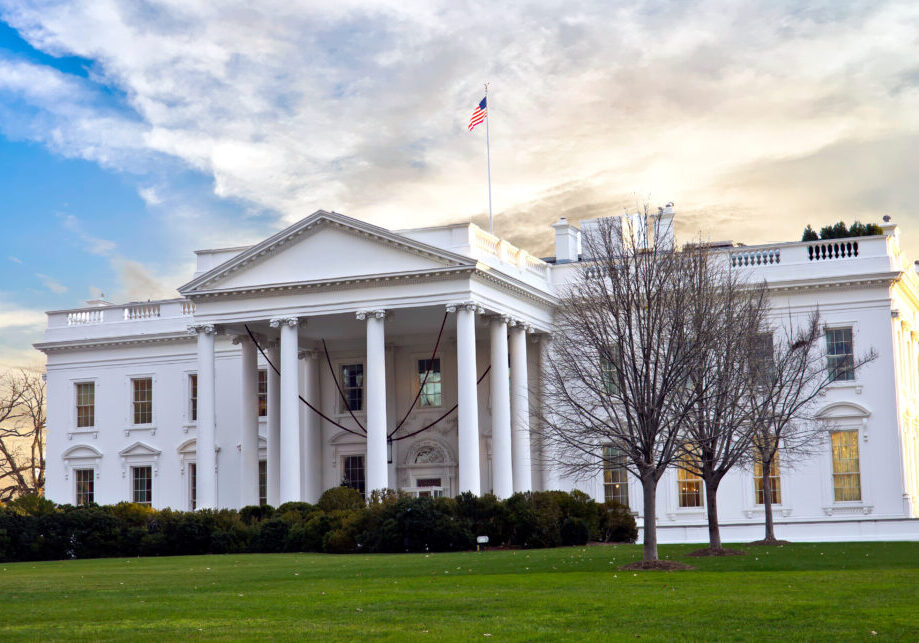Far too many American families struggle to make ends meet. Vice President Kamala Harris and former President Donald Trump offer starkly different visions for how to alleviate poverty. Harris is proposing to strengthen the federal safety net by increasing the child tax credit, guaranteeing paid family leave and expanding affordable child care. Trump has offered few details about his plans to fight poverty, but his administration proposed deep cuts to Medicaid, food assistance and other programs while cutting taxes for wealthy people and corporations. The New York Times’ Jason DeParle reports:
If elected, [Harris] would seek to sustain or expand many of them, including subsidies for food, health care and housing, and revive a change to the child tax credit that essentially created a guaranteed income for families with children. … Mr. Trump says little about his role in pandemic-era poverty programs, which many Republicans view as having been excessive and fraud-ridden. Instead, he touts his 2017 tax cuts, which he credits for boosting the economy and reducing poverty to a prepandemic low, and he has vowed to extend them when they expire next year.
Landry bans teaching of CRT
Gov. Jeff Landry issued an executive order on Tuesday that bans the teaching of critical race theory (CRT) in state classrooms, despite no evidence that the advanced academic concept is actually being taught. CRT studies how public policy and laws perpetuate racism, but it has been used as a catch-all term by many Republicans to describe any lessons about America’s checkered history with race that they find objectionable. The Times Picayune |Baton Rouge Advocate’s Patrick Wall reports:
Critics say the restrictions are an attempt to whitewash U.S. history and downplay present-day discrimination.”We shouldn’t limit teaching the honest truth about the history of this nation,” said State Sen. Royce Duplessis, D-New Orleans. “Any attempt to do that is unpatriotic and un-American.” He argued that Landry and other conservatives want to control what students learn by claiming, without evidence, that schools are teaching inappropriate material. “We’re going out of our way to stoke issues that don’t exist,” he said.
Reality check: The executive order will do nothing to make Louisiana a better place for residents to live or a more attractive place for people or businesses to relocate.
The benefits of guaranteed income programs
There’s more evidence of the benefits that guaranteed-income programs have on teens and young adults. For the past 10 months the Rooted School in New Orleans has conducted a pilot program that provides some students with $50 per week in no-strings-attached cash. The Lens’ Marta Jewson explains what school administrators have witnessed.
Students who received the $50 each week missed two fewer days of school in a semester compared to those in the control group. This is important for students’ learning — and particularly significant in Louisiana, because state law stipulates that students who miss more than 10 days of school can automatically fail a grade level, putting them at risk of not graduating. Students who received the $50 stipends also showed a half year of reading growth — twice as much as students who did not receive the money.
Louisiana’s drinking water crisis
Failing drinking-water systems have become too common in Louisiana in recent years. While the state has received millions of federal dollars to upgrade its water infrastructure, it’s not enough to address the entire problem, which is estimated to cost $4 billion. The Times Picayune | Baton Rouge Advocate’s Faimon A. Roberts III explains that the state’s aging water infrastructure has hit a crisis point
Plenty of Louisiana residents can relate. Water systems around the state are grappling with the same set of problems. Aging infrastructure and dwindling revenue are driving hundreds of these systems into situations they aren’t going to be able to fix. It’s time to call this what it is: Louisiana’s drinking water crisis.
Number of the Day
$5.8 trillion – Amount that would be added to the federal deficit over 10 years under campaign proposals from former President Donald Trump. Vice President Kamala Harris’ proposals would cost $1.2 trillion. (Source: Penn Wharton Budget Model via Axios)
